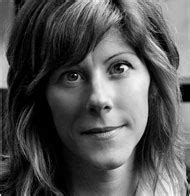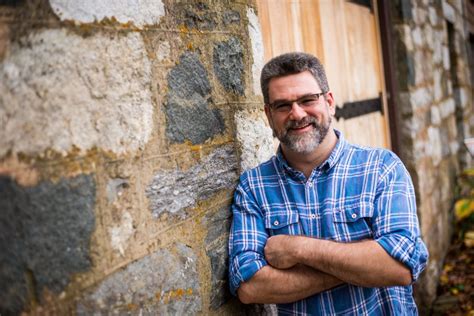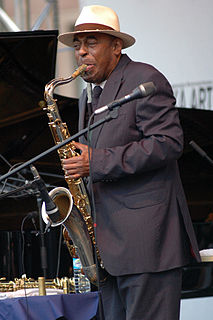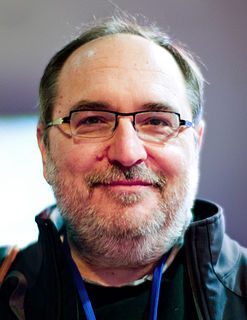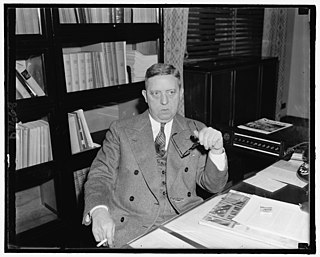A Quote by Alexander Weinstein
David Foster Wallace was a brilliant experimentalist who I deeply admire. His ability to do formalism helped me understand how to tackle stories like "Dictionary" and "Failed Revolution." "Dictionary," in particular, functions against narrative in many ways - each of the definitions are their own mini-story or prose poem, and the collection of them adds up to create a different effect than the traditional Freytagian Pyramid story.
Quote Topics
Related Quotes
Usually at the end of each story we're thrown clear out of the story's world and then we're given a new world to enter. What's unique about a linked collection is that it can deliver both sets of narrative pleasures - the novel's long immersion into character-world and the story anthology's energetic (and mortal) brevity - the linked collection is unique in its ability to be both abrupt and longitudinal simultaneously.
Music is a language, and it's like a dictionary that has a lot of words, but if you limited yourself to a couple of definitions you would be illiterate. If one limits oneself to a peculiar definition like 'new music,' 'avant-garde,' or something like that, I think it's like cutting out half the dictionary.
Writing two stories [in the Thorn and the Blossom] about the same set of events that were complete stories in themselves, but also added up to a larger story. As I was writing them, I kept going back and forth, because something would happen in one story that would have to be reflected in the other story. And yet the same event would also have to be perceived in different ways by Brendan and Evelyn, because they are different people with their own interpretations.
Everything necessary to understand my grandfather lies between two stories: the story of the tiger’s wife, and the story of the deathless man. These stories run like secret rivers through all the other stories of his life – of my grandfather’s days in the army; his great love for my grandmother; the years he spent as a surgeon and a tyrant of the University. One, which I learned after his death, is the story of how my grandfather became a man; the other, which he told to me, is of how he became a child again.
I like to envision the creation of a short story collection as being like putting together a jazz album. Yes, there's logic and literary structures imposed by me, but at the same time, all the tracks are shaped and ordered in a much more improvisational manner. The guiding principle for me is whether or not a story adds a layer or texture to the overall collection.

